The Truth About Fisheries Management in New England
Fisheries management must preserve the beloved New England fishing industry with stronger regulations and measures to adapt to climate change.
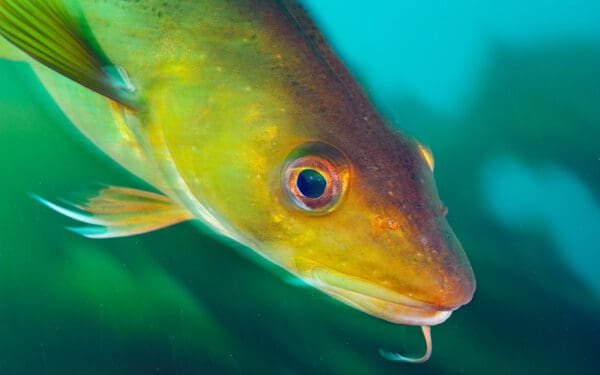
Fisheries management must preserve the beloved New England fishing industry with stronger regulations and measures to adapt to climate change.

New England’s ocean is full of fascinating and beautiful marine life. Each of these species depends on a healthy ocean to thrive, and all are impacted by the threat of warming waters caused by the climate crisis. Protected areas in our ocean, like the Northeast Canyons and Seamounts Marine National Monument, are known to help… Continue reading Discover Cool Creatures that Thrive in New England’s Ocean
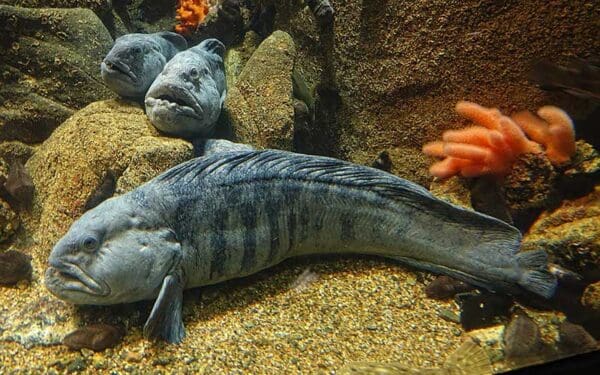
From deep-sea canyons to underwater forests, New England’s ocean abounds with life.
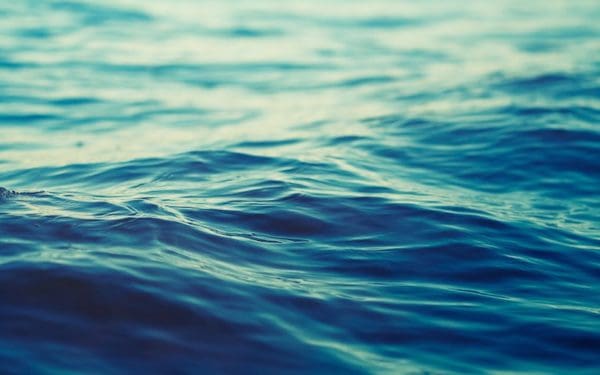
Overfishing is not caused by the actions of an individual boat. It’s a systemic problem in which federal regulators may allow fish to be caught faster than they can replenish themselves.
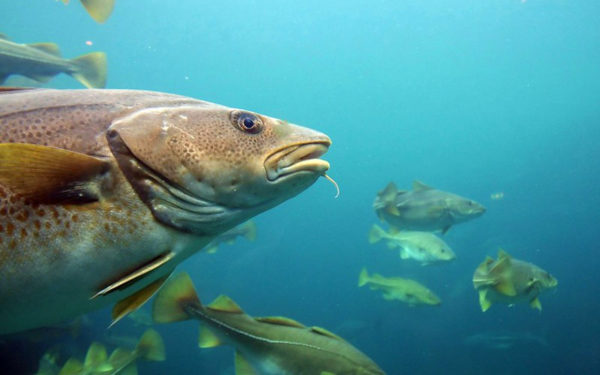
New England’s fishery managers have adopted a new plan to help the Gulf of Maine cod population bounce back.
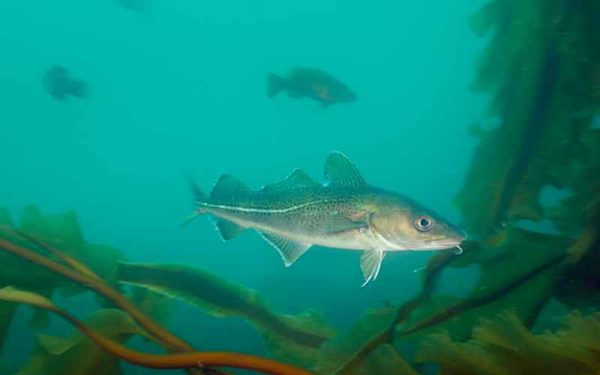
“The Atlantic cod population is struggling, and this vote is finally a step in the right direction,” said Allison Lorenc, Senior Policy Analyst at CLF. “After two failed attempts, this new plan will reduce fishing pressure to help cod recover while supporting fishing communities. Our hope is that this is the first of many decisions that will set cod on a path to a healthy population.”
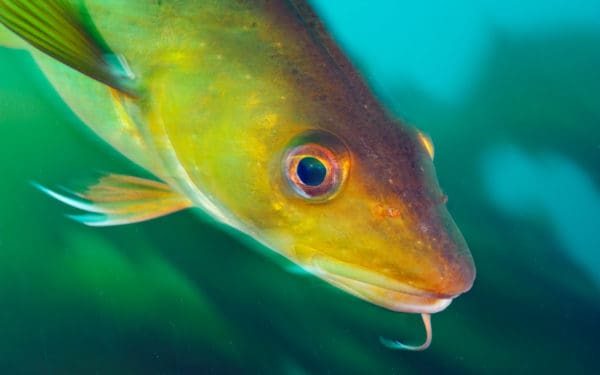
As the federal government takes action to restore and conserve our nation’s lands and waters, strengthening protections for National Marine Sanctuaries must be a priority.
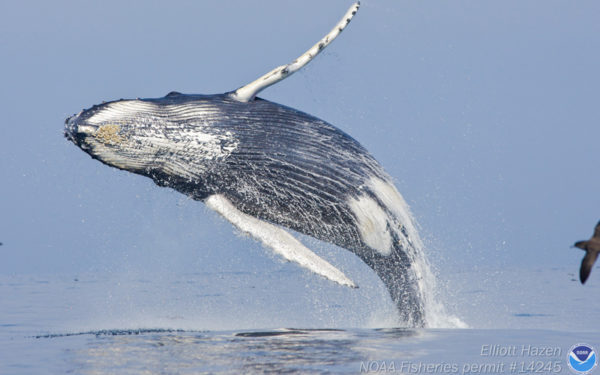
Federal fishery managers denied CLF’s petition to end overfishing and rebuild Atlantic cod. Now, New England fishery managers begin a third attempt to save cod.

As New Englander’s, we are lucky to have our very own marine National Monument in our backyards. But it shouldn’t be the last. Here are 5 reasons why we must continue to protect special places in our ocean.
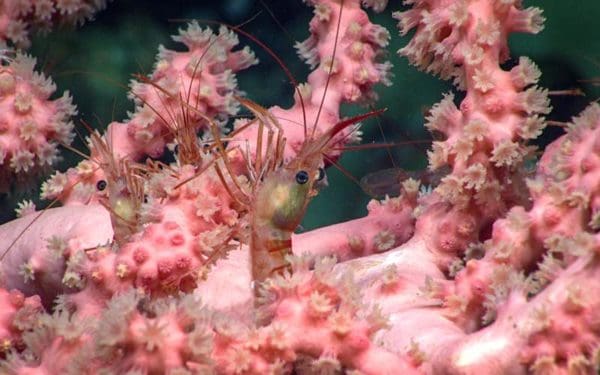
“This is a watershed moment for New England’s cod population,” said Allison Lorenc, Senior Policy Analyst at CLF. “The groundfish fishery has been plagued by overfishing for decades, but 100% at-sea monitoring will provide critical information needed for sustainable management. It’s time Atlantic cod are allowed to thrive in New England’s waters, and today’s announcement is a major step in that direction.”
